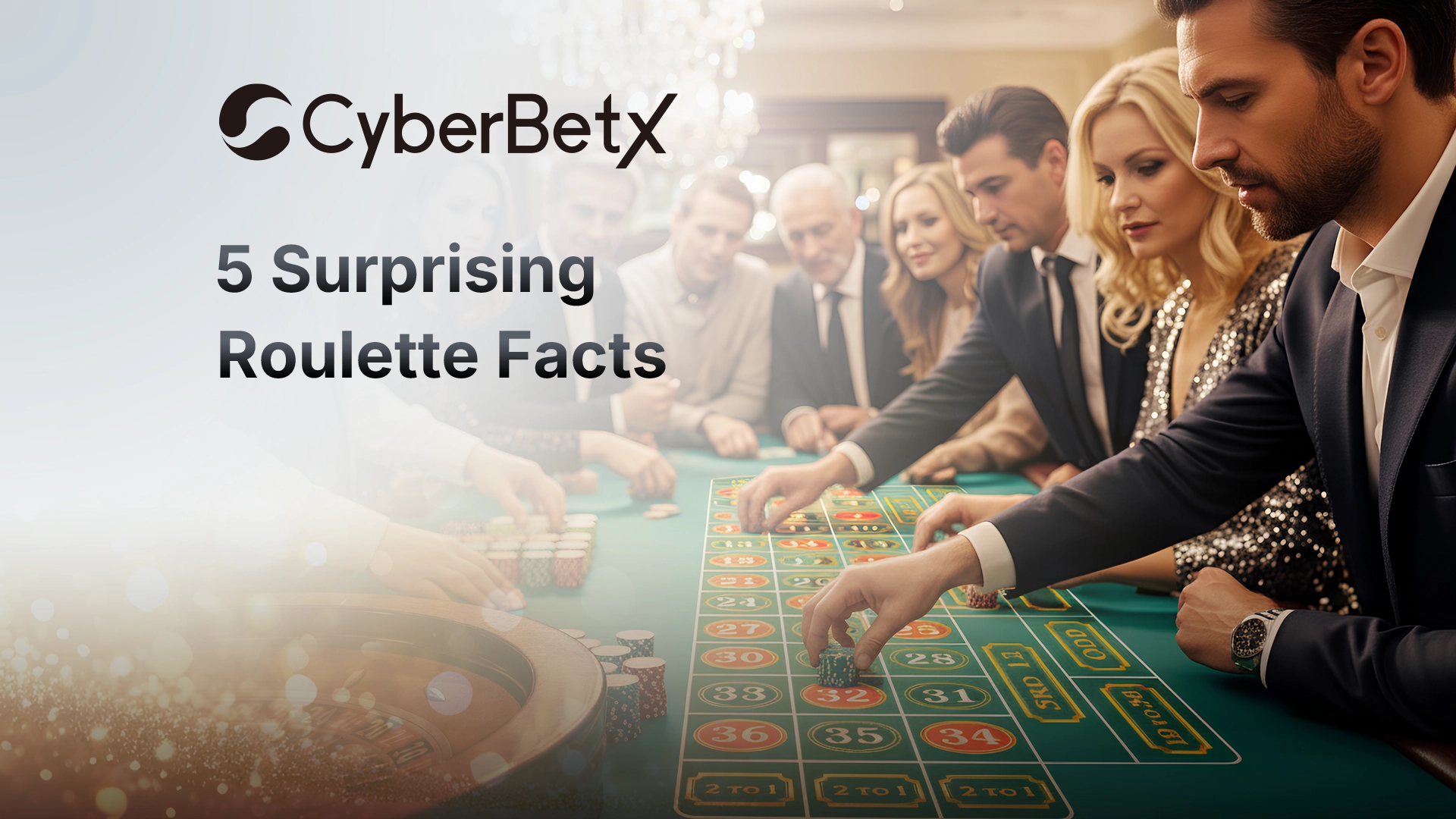5 Surprising Roulette Facts That Will Amaze You
 Roulette has been captivating casino-goers for centuries with its spinning wheel and bouncing ball. While most players focus on placing their bets and hoping for luck, few know the fascinating history and hidden details behind this iconic game. From mathematical mysteries to cultural connections, roulette holds secrets that even seasoned players might find surprising.
Whether you're a casual player or a casino enthusiast, these five unexpected facts will give you a new appreciation for one of the world's most beloved gambling games.
Roulette has been captivating casino-goers for centuries with its spinning wheel and bouncing ball. While most players focus on placing their bets and hoping for luck, few know the fascinating history and hidden details behind this iconic game. From mathematical mysteries to cultural connections, roulette holds secrets that even seasoned players might find surprising.
Whether you're a casual player or a casino enthusiast, these five unexpected facts will give you a new appreciation for one of the world's most beloved gambling games.
The Numbers Always Add Up to 666
Here's a fact that might send chills down your spine: if you add up all the numbers on a roulette wheel (1 through 36), the total is exactly 666. This mathematical coincidence has nothing to do with the game's design intentions, but it certainly adds an eerie element to roulette's reputation. The European roulette wheel contains numbers 1-36, plus a single zero, while the American version includes an additional double zero. Regardless of the variant, those core 36 numbers will always sum to 666, making this one of the most spine-tingling coincidences in casino gaming.
A French Physicist Created the Game by Accident
Roulette wasn't invented by a gambling entrepreneur or casino owner. The game actually emerged from the failed scientific experiments of Blaise Pascal, a 17th-century French mathematician and physicist. Pascal was attempting to create a perpetual motion machine when he inadvertently designed the mechanism that would become the roulette wheel. The game evolved over time, with French casinos in the 18th century refining Pascal's creation into the gambling game we know today. The word "roulette" itself means "little wheel" in French, paying homage to its origins in Pascal's laboratory.
It's Known as "The Devil's Game"
The nickname "Devil's Game" doesn't just come from the 666 number coincidence. French legend tells a different story about roulette's origins, claiming that François Blanc (who introduced the single-zero roulette wheel to Monte Carlo) made a deal with the devil to learn the secrets of roulette. This supernatural association has persisted throughout roulette's history, adding an air of mystery and danger to the game. Some players embrace this reputation, while others prefer to focus on the mathematical aspects of the game.
Betting Systems Don't Change the House Edge
Despite countless betting strategies like the Martingale System, the Fibonacci sequence, or the D'Alembert method, no betting pattern can overcome the house edge in roulette. The European wheel gives the house a 2.7% advantage, while the American wheel (with its additional double zero) increases this to 5.26%. These systems might help players manage their bankroll or add structure to their gameplay, but they cannot change the fundamental mathematics of the game. Each spin remains independent, and the odds stay constant regardless of previous results or betting patterns.
Roulette Stars in Iconic Movies and Literature
Roulette has played memorable roles in countless films and books, often symbolizing risk, fate, or high-stakes drama. The game features prominently in classic movies like "Casablanca," where it represents the uncertainty of wartime romance, and "Run Lola Run," where it becomes a metaphor for life's unpredictable nature. James Bond films frequently showcase roulette scenes, with the suave agent often winning crucial bets at the wheel. Literature has embraced roulette as well, with Fyodor Dostoevsky's novel "The Gambler" drawing from the author's own experiences with roulette addiction in European casinos.
Discover More Gaming Mysteries
These surprising facts reveal just how much history, mathematics, and culture surround a simple spinning wheel. From Pascal's accidental invention to Hollywood's dramatic interpretations, roulette continues to fascinate players and non-players alike. The next time you see a roulette wheel, you'll know you're looking at centuries of history, mathematical intrigue, and cultural significance. Whether you choose to play or simply observe, roulette offers entertainment that goes far beyond the thrill of winning or losing.


